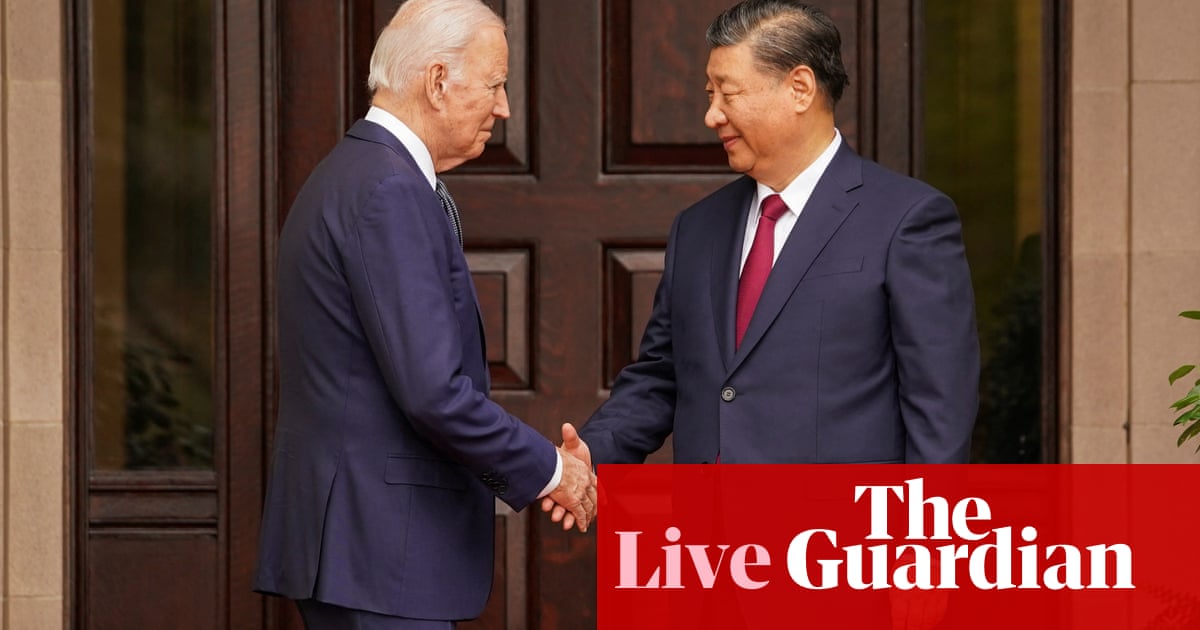
Britain and Brussels have each accused the other of holding up a decision on the City of London’s ability to do business in EU markets from next year, prolonging the financial services’ state of uncertainty about the future.
Both parties had agreed to complete assessments of the other’s regulatory regimes for financial services by Tuesday 30 June, with the expectation that they would deemed “equivalent”, allowing business to continue in the new year.
With the deadline for an equivalence decision likely to be missed, the financial sectors on both sides have been left in the dark about the future terms of business, and the European commission and the UK government have blamed each other for the delay.
The UK is currently still in the single market and customs union, but that transition period, following the country’s exit from the EU, ends on 31 December.
Michel Barnier, the EU’s chief negotiator, told the Eurofi financial regulation thinktank that the UK had answered only four of 28 questionnaires Brussels had sent seeking information about the regulation of financial services.
“So we are not there yet,” he said. “We will only grant equivalences in those areas where it is clearly in the interest of the EU; of our financial stability; our investors and our consumers.”
He reiterated a warning that equivalence could not legally be given to providers of insurance, commercial bank lending or deposit-taking.
In response, a Treasury spokesman compared the commission’s slow work with Whitehall’s efficiency in examining the level of equivalence of the two regulatory systems.
The spokesman said: “Both sides committed to completing equivalence assessments ahead of the summer. As the UK and EU start from a position of having similar financial services regulation, this should be a straightforward process.
“The UK has been able to complete our own assessments on time and we are now ready to reach comprehensive findings of equivalence as soon as the EU is able to clarify its own position.”
There are concerns in the British government that the EU wants to delay a decision until there is clarity over the ongoing negotiations over a trade and security deal.
It is understood that the government received 1,000-plus pages of questions in April and May, with the last 248 pages arriving on 25 May.
British officials are understood to be frustrated that the questions posed are fara broader in range than necessary for an equivalence decision to be reached.
If Brussels decides that the UK’s regulatory regime is equivalent to its own, market access to British companies is expected to follow. But Barnier, in his appearance via video message at the thinktank event, appeared to confirm Britain’s fears over the EU’s motivation by suggesting that Brussels wanted to be able to take into account the wider picture.
“These assessments are particularly challenging,” Barnier said. “Firstly, because they have to be forward-looking, given the UK’s publicly stated intention to diverge from EU rules after 1 January 2021. Last week, the UK published a paper on its future regulatory framework for financial services. This is a useful document. We are now analysing it in detail to gain clarity on how UK rules will evolve.
He added: “But let us have no illusions: the UK will progressively start diverging from the EU framework. This is even one of the main purposes of Brexit.”
The row broke out as the UK’s chief negotiator, David Frost, and Barnier resumed talks over a comprehensive free trade deal, their first face-to-face meeting in Brussels since February.
The equivalence decision is outside the negotiation, but the two teams are seeking to agree on a form of cooperation on regulation of the financial services sector.
Barnier said he could not accept the UK proposals, which he described as seeking “the benefits of the single market without the obligations”. He accused the UK of trying to limit the EU’s ability to unilaterally withdraw “equivalence” in the future – a claim British officials denied, saying they were merely looking for ample warning and assurances of equitable treatment.
Barnier also said the UK government was trying to “make it easy to continue to run EU businesses from London, with minimal operations and staff on the continent”.












